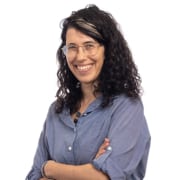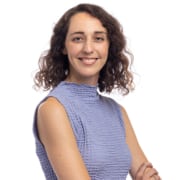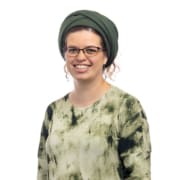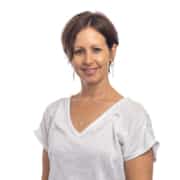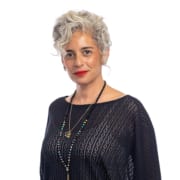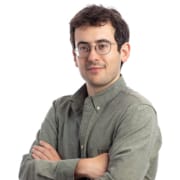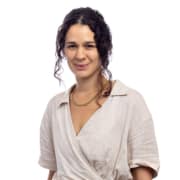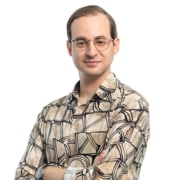Tamar Luster is a PhD candidate in the Zvi Meitar Center for Advanced Legal Studies of the Buchmann Faculty of Law at Tel Aviv University under the supervision of Prof. Eliav Lieblich.
Her research explores the systematic denial of basic needs from civilians in armed conflicts – a phenomenon she has termed “deprivation atrocities.”
Despite deprivation leading to huge numbers of civilian casualties, public international law has sidelined the issue, and relevant legal norms reveal significant shortcomings. Tamar’s research examines the doctrinal and theoretical reasons for this neglect, drawing normative insights from the efforts of civil society organizations. As the topic remains under- researched, Tamar hopes to fill this scholarly gap by conceptualizing deprivation more holistically and reigniting a pressing debate: do we need more, and perhaps different, laws to counter deprivation, or is the law part of the problem?
Tamar, a mother of two, grew up in Arad and currently lives in Tel Aviv. She completed her LLM at Columbia University in the City of New York, where she was awarded the James Kent Scholar honour and a Human Rights LLM Fellowship. She obtained an LLB (magna cum laude) at Tel Aviv University and an MA in international development (summa cum laude) at the Hebrew University of Jerusalem. Tamar is a lawyer and has worked extensively on social and economic rights and humanitarian law in both governmental and non-governmental bodies. She is currently co- teaching a workshop on transitional justice in Tel Aviv University’s Buchmann Faculty of Law with Prof. Leora Bilsky. In her free time, Tamar plays the piano, hikes, and loves reading and writing. Her book of poetry, Executor, was published in 2017 by the Bialik Institute.
